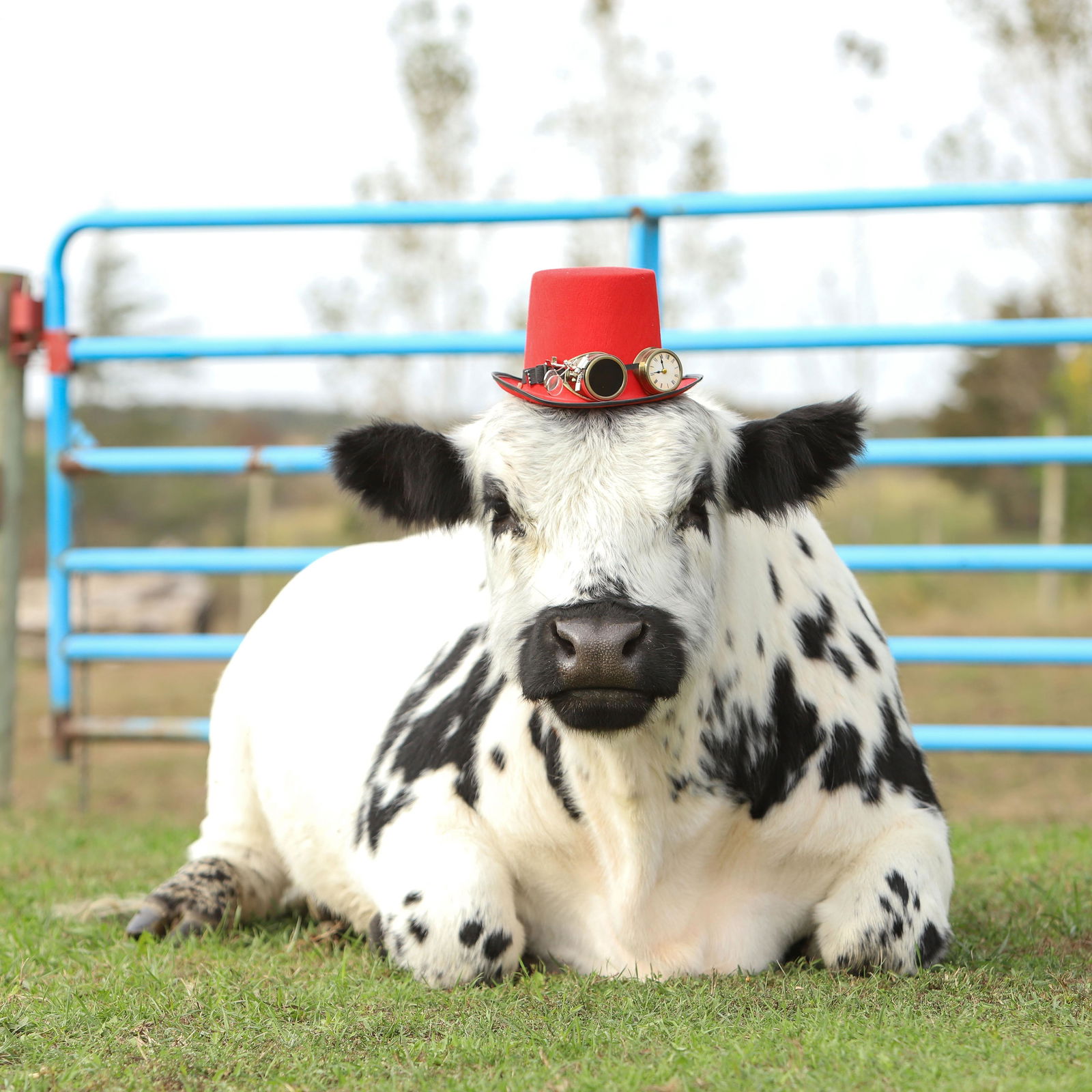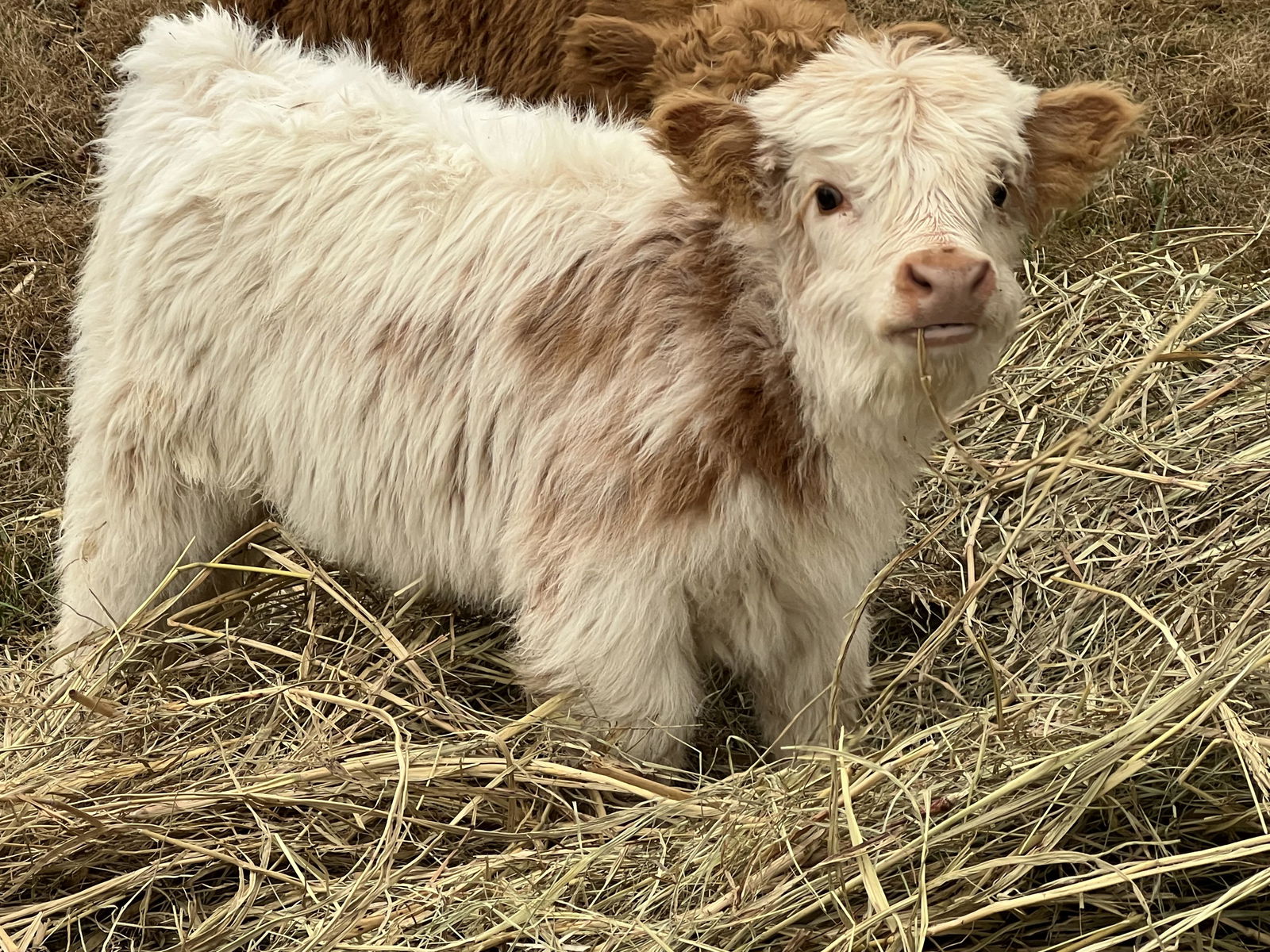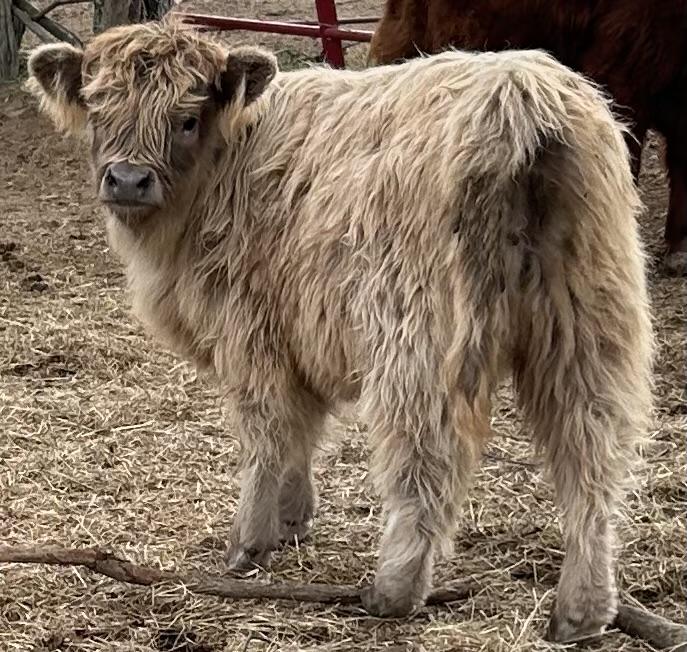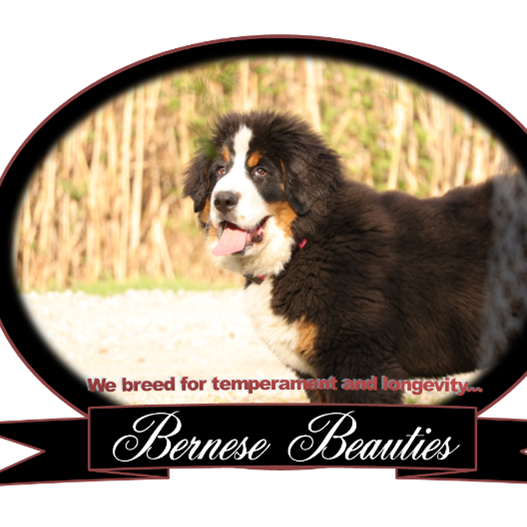Adorable Donkey Teacup Baby Mini Horses: Your Ultimate Guide to Tiny Equine Companions
Author: Elliott Garber, DVM
Meet the world’s tiniest equines – donkey teacup baby mini horses. These adorable creatures combine everything charming about donkeys in a package no taller than your coffee table.
These pint-sized companions are taking the internet by storm, and for good reason. Standing just as tall as a Golden Retriever, they blend the gentle nature of donkeys with an irresistible charm that captures hearts instantly.
What Is a Donkey Teacup Baby Mini Horse
During a recent farm visit, I encountered what looked like a living stuffed animal – a specialized crossbreed combining miniature donkeys with teacup mini horses.
These tiny equines typically stand 26-34 inches tall at the withers – shorter than most kitchen counters.
Notable features include:
- A distinctive baby-doll head with large, expressive eyes
- Tiny, perked forward ears
- Delicate, silver dollar-sized hooves
- Refined, proportional bone structure
- Soft, fuzzy coat in gray dappled or brown shades
For size perspective:
- Standard horses stand 60-72 inches tall and weigh 900-1,200 pounds
- Regular mini horses reach 34-38 inches and weigh 150-250 pounds
- Teacup mini horses measure 28-34 inches and weigh 50-100 pounds
- Donkey teacup minis stand 26-34 inches and weigh just 45-90 pounds
Their diminutive size makes routine veterinary care interesting – using a standard stethoscope feels like performing microsurgery. While they’re perfectly sized for apartment living, most landlords still need some convincing on that front.
These aren’t simply scaled-down horses or miniature donkeys. They’re a unique hybrid that combines donkey temperament with refined mini horse features, creating a truly special companion.
Physical Characteristics and Size
Miniature donkeys stand just 32-34 inches tall at the withers – about coffee table height. Their compact size packs all the charm of standard donkeys into a smaller package.
Height and Weight Standards
A fully grown miniature donkey typically stands 32-34 inches (81-86 cm) tall and weighs between 250-300 pounds (113-136 kg). Their small stature makes them perfect for smaller properties and easier handling.
Distinctive Features
A dark cross-shaped pattern marks these miniature donkeys, with one stripe running down their back and another across their shoulders. Their notable features include:
- Expressive ears that serve as excellent communication tools
- Compact, sturdy hooves providing natural stability
- An efficient digestive system handling various forages
- Coats ranging from grey and brown to black, white, and spotted
- Gentle eyes set in a characteristic baby-doll face
Their remarkable hearing ability often surprises first-time owners. During veterinary visits, these attentive animals often detect approaching vehicles long before they’re visible, their distinctive ears perking up like natural radar systems.
Care Requirements
Proper care for miniature donkeys focuses on diet, shelter, and daily routines tailored to their size and needs.
Feeding and Nutrition
A proper diet maintains their health and energy. Daily nutritional needs include:
- High-quality grass hay (70% of diet)
- 4-5 small meals throughout the day
- 1-2 pounds of hay per 100 pounds of body weight
- Fresh water in accessible, low-mounted containers
- Supplemental hay pellets with vitamins as needed
Daily portions:
- Grass hay: 2.5-3 pounds
- Hay pellets: 0.5-1 pound
- Fresh water: 2-3 gallons
Housing and Shelter
Proper housing protects these small equines while giving them room to move:
Shelter basics:
- Individual stall: 6×6 feet
- Secure fencing: 4 feet tall
- Bedding: 3-4 inches of clean straw or wood shavings
- Exercise space: Minimum 20×20 foot paddock
Essential shelter features:
- Good airflow
- Protection from drafts
- Elevated flooring for proper drainage
- Safe, non-slip walking surfaces
These housing specifications create a comfortable, secure environment where miniature donkeys can thrive.
Training and Socialization
They excel at learning when approached with the right training methods. Professional experience shows these intelligent animals respond best to consistent, patient training techniques.
Long Lining Basics
Effective long lining establishes the foundation for a well-mannered mini donkey:
- Position two long reins behind your donkey
- Use clear, consistent voice commands (“walk,” “whoa”)
- Introduce harness equipment gradually across 3-4 sessions
- Train in quiet, enclosed spaces for 15-20 minutes daily
Positive Reinforcement
Effective rewards strengthen desired behaviors. Safe treat options include:
- Baby carrots (lengthwise cut for safety)
- Homemade oat cookies
- Seedless apple slices
- Commercial miniature horse treats
Building Trust Through Patience
Miniature donkeys process information differently than horses, displaying remarkable intelligence paired with natural caution. Essential trust-building practices:
- Allow natural approach behaviors
- Keep training sessions brief (10-15 minutes)
- Maintain consistent handling routines
- Reward with gentle scratches behind the ears
Training typically progresses through these stages:
- Initial Trust Building (1-2 weeks): Basic handling and grooming
- Ground Training (2-4 weeks): Long lining and voice commands
- Harness Introduction (1-2 weeks): Equipment familiarization
- Advanced Training (4-6 weeks): Driving and specialized commands
Health Considerations
Miniature equines require specialized care due to their unique size and physiology. Understanding their specific health needs ensures proper preventive care.
Common Medical Issues
Key health concerns include:
- Dental Problems: Regular floating needed every 6-12 months
- Weight Management: Critical for preventing founder
- Digestive Sensitivity: Higher colic risk requires careful feeding
- Hoof Care: Frequent trimming every 4-5 weeks
- Joint Health: Monitoring weight to prevent stress
Preventive Care
Essential health maintenance includes:
Nutrition Management:
- High-quality grass hay (orchard and Bermuda mix)
- Soaked Timothy pellets for supplementation
- Controlled feeding systems
- Fresh water and mineral access
Care Schedule:
- Monthly hoof maintenance
- Dental checks twice yearly
- Quarterly deworming
- Annual vaccines
- Daily grooming
Exercise Requirements:
- 30 minutes of structured daily activity
- Safe paddock access
- Varied surface walking
- Enrichment through supervised play
Cost and Where to Find Them
The market for miniature donkeys offers various acquisition options, each with distinct considerations.
Adoption and Rescue Options
Rescue organizations provide cost-effective adoption opportunities, typically ranging from $350-$500+. Most rescues emphasize pair adoptions to support these social animals’ natural companionship needs.
Auction Considerations
Auction prices vary significantly ($200-$2,500), but require careful health screening. Professional veterinary assessment before purchase helps identify potential health concerns.
Breeder and Family Farm Options
Reputable breeders offer animals with documented health histories ($800-$5,000). These sources typically provide:
- Detailed health records
- Training background
- Written sales agreements
- Post-purchase support
Current market prices reflect:
- Rescue/Adoption: $350-$500+ (often paired)
- Auctions: $200-$2,500 (variable health status)
- Breeders: $800-$5,000 (includes documentation)
Conclusion
Donkey teacup baby mini horses combine compact size with engaging personalities, making them ideal companions for suitable homes. Their miniature stature suits limited spaces, while their intelligence and affectionate nature create lasting bonds.
Successful ownership requires dedication to proper care, training, and health maintenance. The investment in quality care yields years of rewarding companionship with these unique equines.

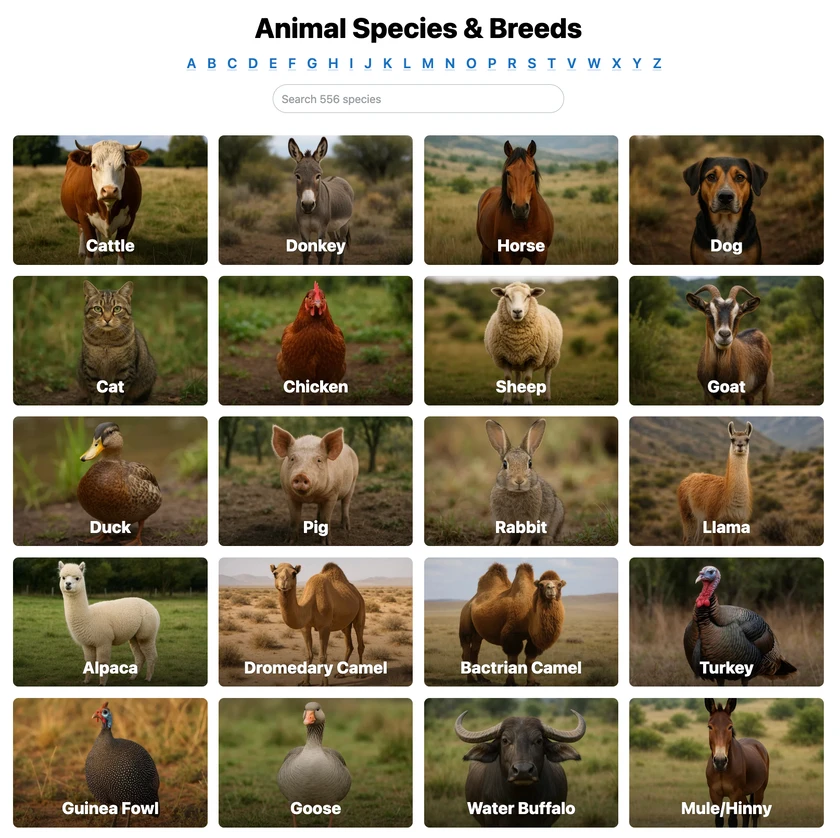 All Species & Breeds
All Species & Breeds
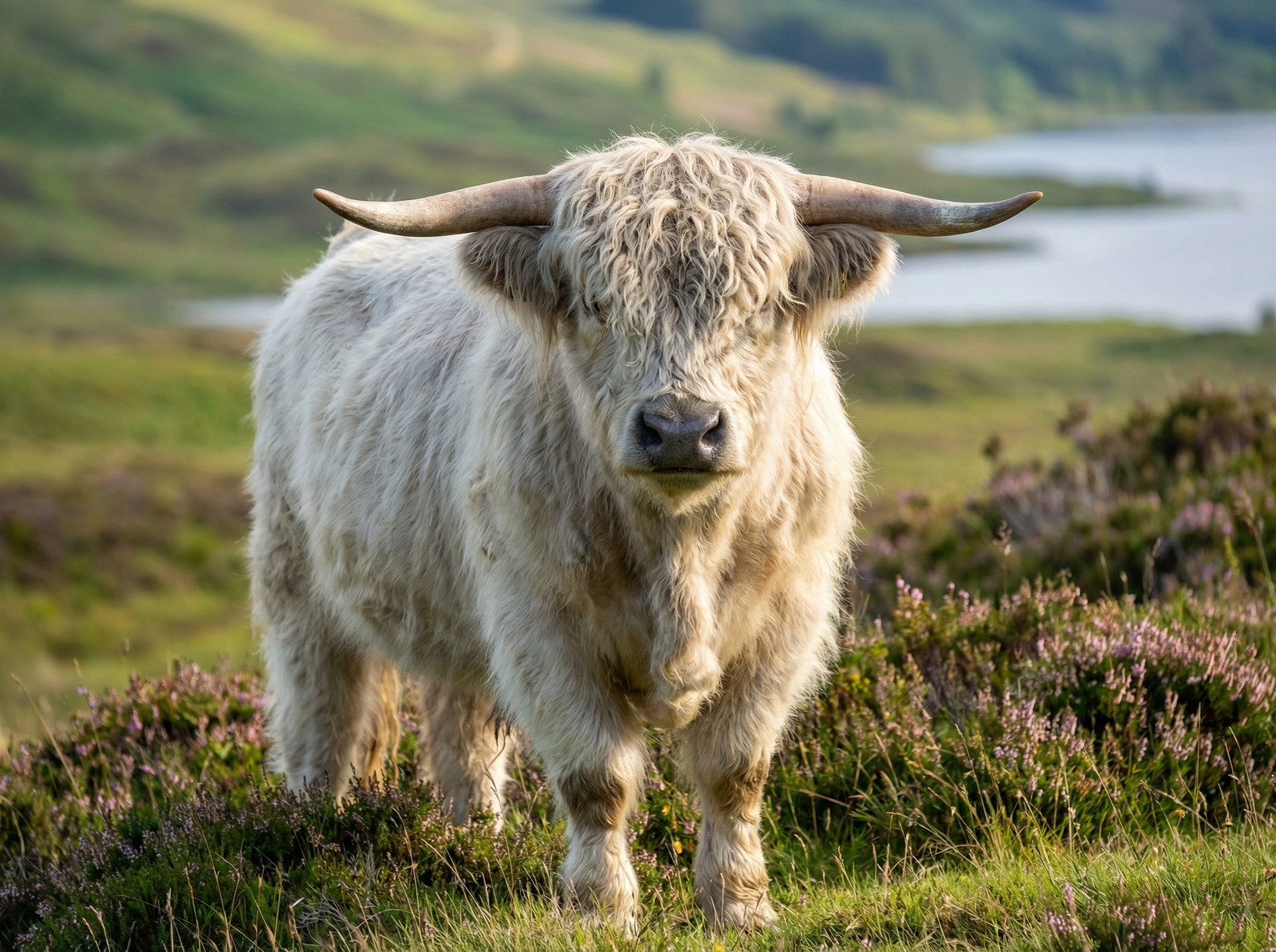 Highland Cattle
Highland Cattle
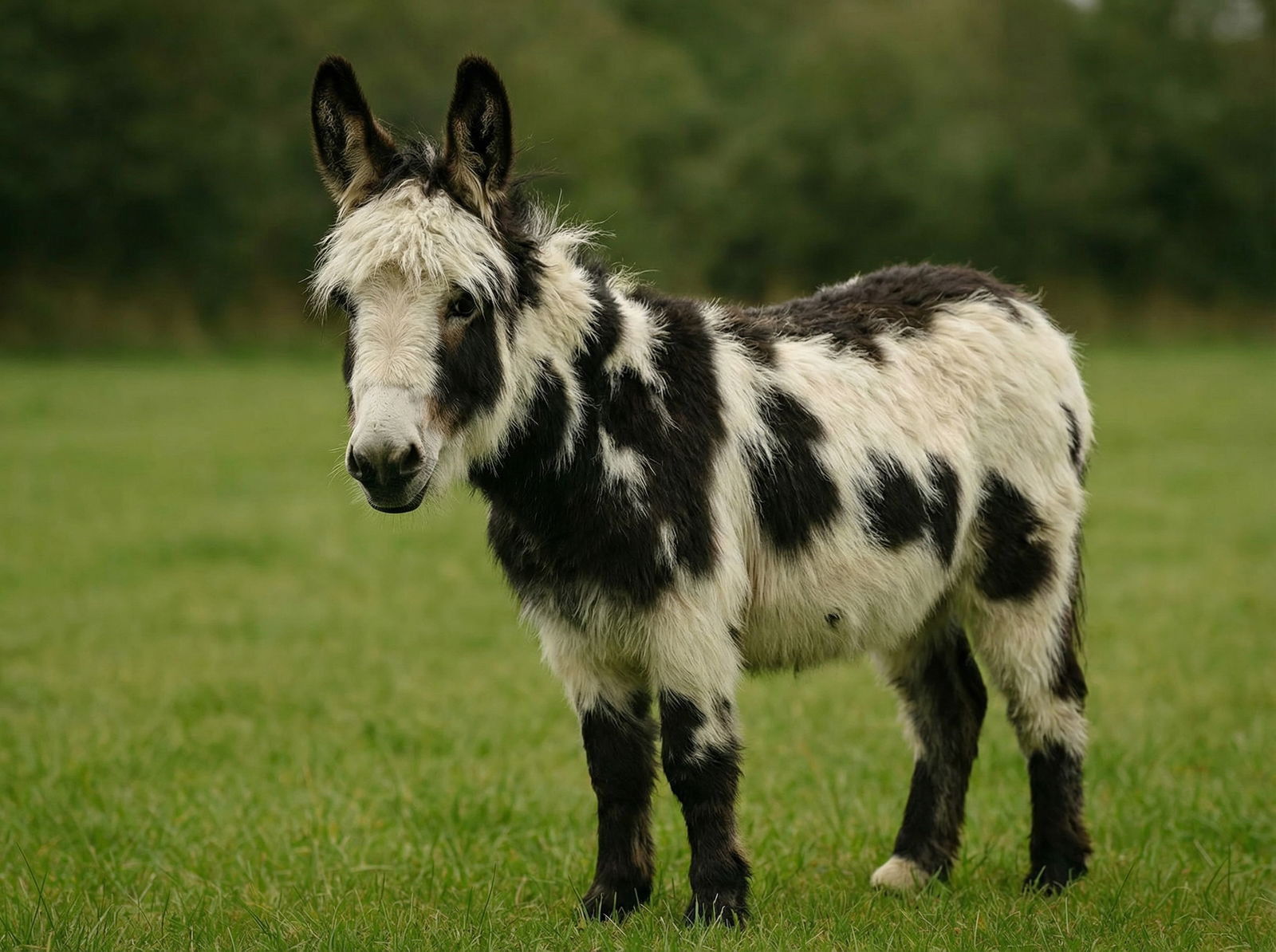 Miniature Donkeys
Miniature Donkeys
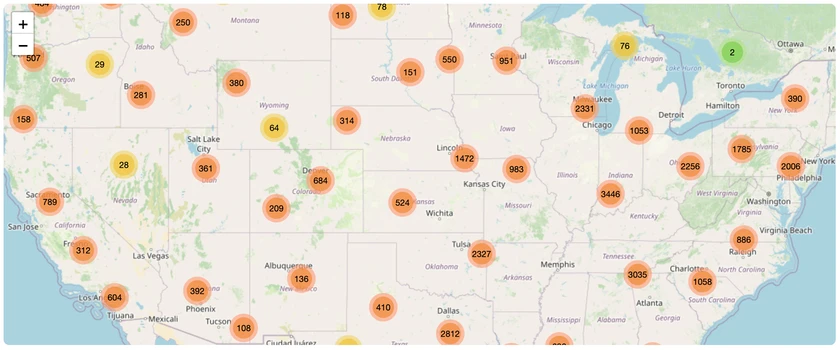 All Species Directory
All Species Directory
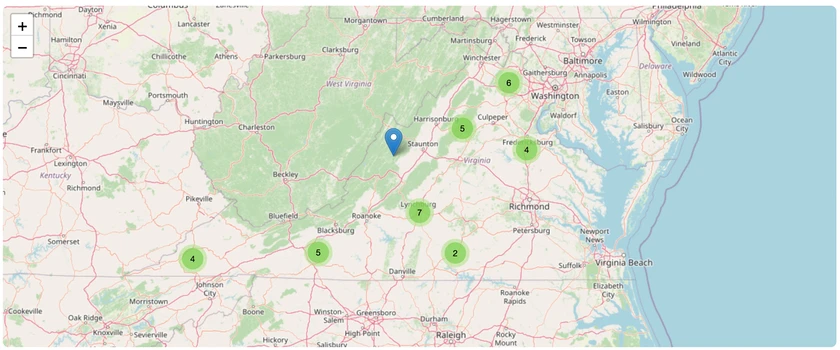 Highland Cattle in Virginia
Highland Cattle in Virginia
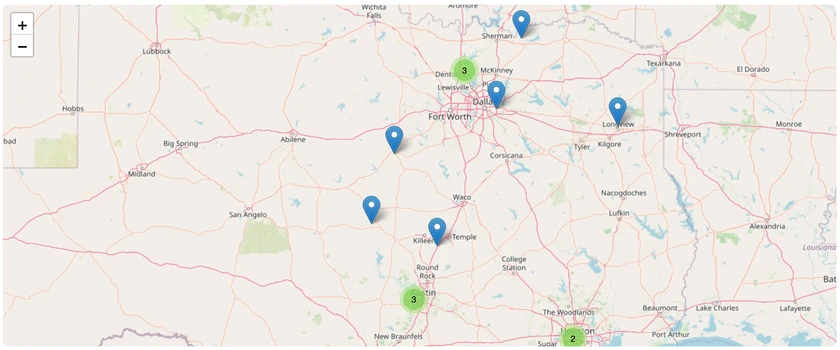 Miniature Donkeys in Texas
Miniature Donkeys in Texas









